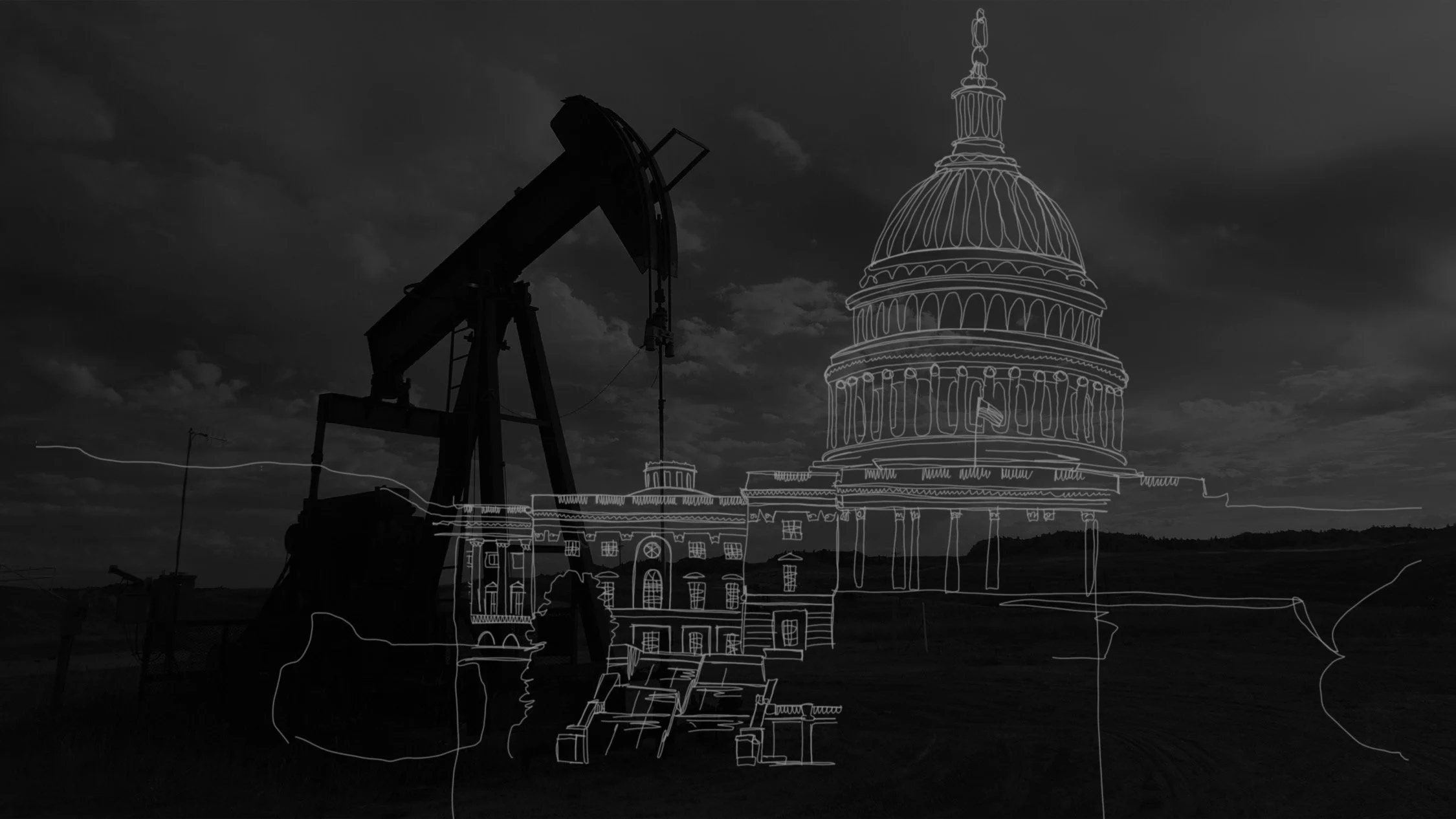Before there was technology to effectively harness renewable energy, crude oil and coal produced the power on which our economy still heavily relies (Environmental and Energy Study Institute). Not only is there a limited supply of oil and coal, but burning these resources for energy emits harmful gasses that accelerate climate change.
In the United States, abandoning these fossil fuels straight away would be impossible, but as the climate crisis continues to grow more inescapable, it's paramount that the government acts to subsidize, lead, and encourage the transition to alternative energy.
This is why understanding the government becomes imperative when determining a way to phase out fossil fuel consumption since, in the US, the government encourages the use of fossil fuels for all citizens and large corporations.
Rather than a single entity that can unilaterally create change, the government operates like a puzzle of interchanging bodies, composed of pieces like local committees and federal agencies, that have unique motivations and finite degrees of power with which to influence society.
Despite their differences, many of these governing bodies are influenced by lobbying. Entities with financial power such as large corporations can invest in lobbying strategies, pushing for certain bills to become law, and when these bills are relevant to the environment, they can have major benefits or consequences to climate action.
For example, ExxonMobil is one of the top emitters of greenhouse gas emissions in the world (PERI). In their 2025 trajectory to reduce carbon emission, they claim to “continue support for sound policies that put a price on carbon.” However, In October 2021, the House of Representatives released a memo stating “less than 0.4% of Big Oil’s legislative lobbying over the last decade was on carbon pricing legislation” (Committee Analysis).
The Energy Innovation and Carbon Dividend Act of 2021 was an effort by the federal government to tax companies for every metric ton of their carbon pollution, but it did not pass through congress. A carbon tax such as this would negatively impact ExxonMobil’s bottom line because they would get charged for the pollution they create.
ExxonMobil’s positioning shows how corporations can claim to support climate policies publicly, but behind closed doors are lobbying against any innovative climate action that gets in the way of their bottom line. In fact, in the United States, 70% of government subsidies in the energy sector support fossil fuel consumption, basically making fossil fuel a more accessible resource, a plus for Big Oil (Nature Journal).
Government is not only influenced by lobbying, but also the nature of political elections. The switch to alternative energy requires long-term investment and collaboration from all levels of government, but politics does not always work that way.
Politicians hold positions for a limited time, so citizens tend to vote them in based on their ability to make short-term, definitive changes. As a result, there is little political incentive to endorse alternative energy legislation when compared to other social issues.
Ultimately, a lot of factors interplay to give us the energy infrastructure we have today, and while the science is clear that we need to change the source of our energy system, the way to solve that is not so straightforward.
Despite the fact that we have the technology for renewable power, fossil fuel is so ingrained into current infrastructure that social, economic, technological, and regulatory barriers make the switch both timely and costly (Seetharaman).
To protect people from the impact of the climate crisis, we need to build momentum for positive action within government and society, even if it means just influencing one powerful person or group at a time.
Writing by Nia-Simone Eccleston, Design Strategist Apprentice. Illustration by Sophie Becker, Design Innovation Strategist.





